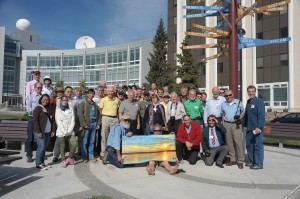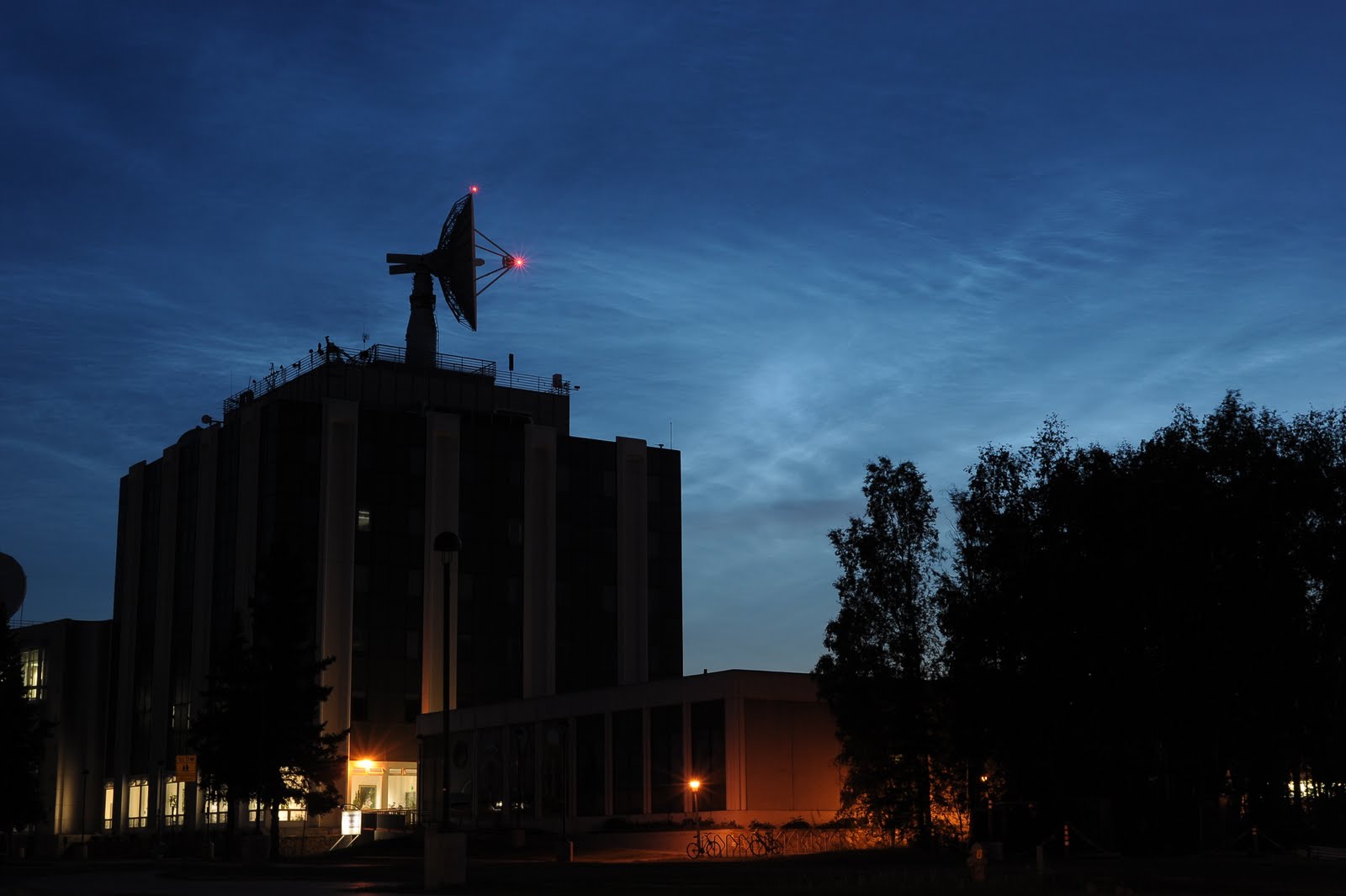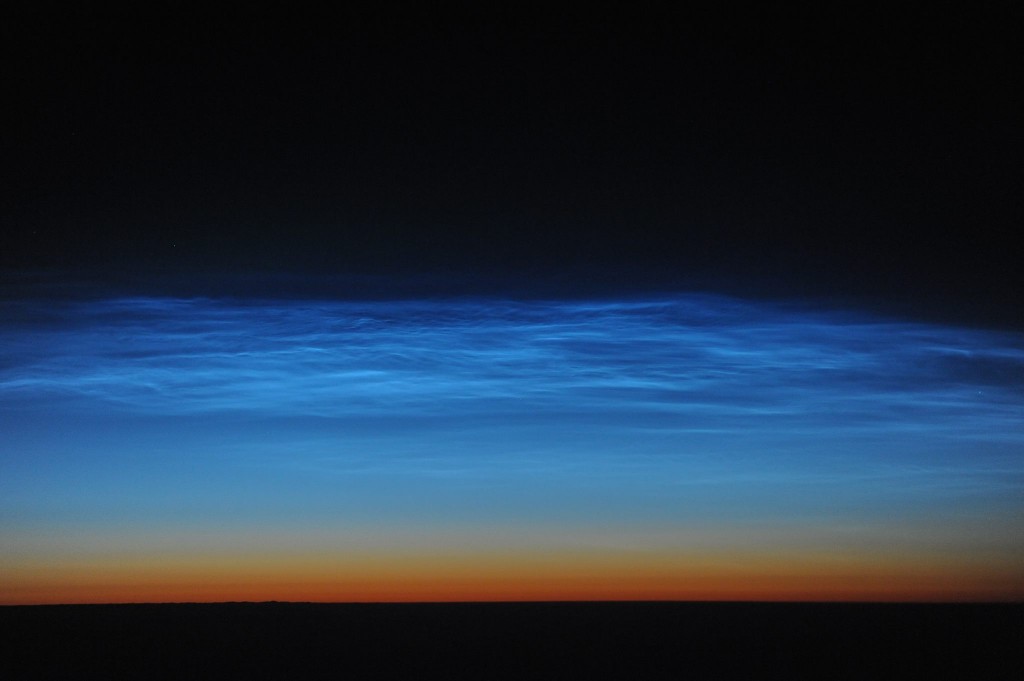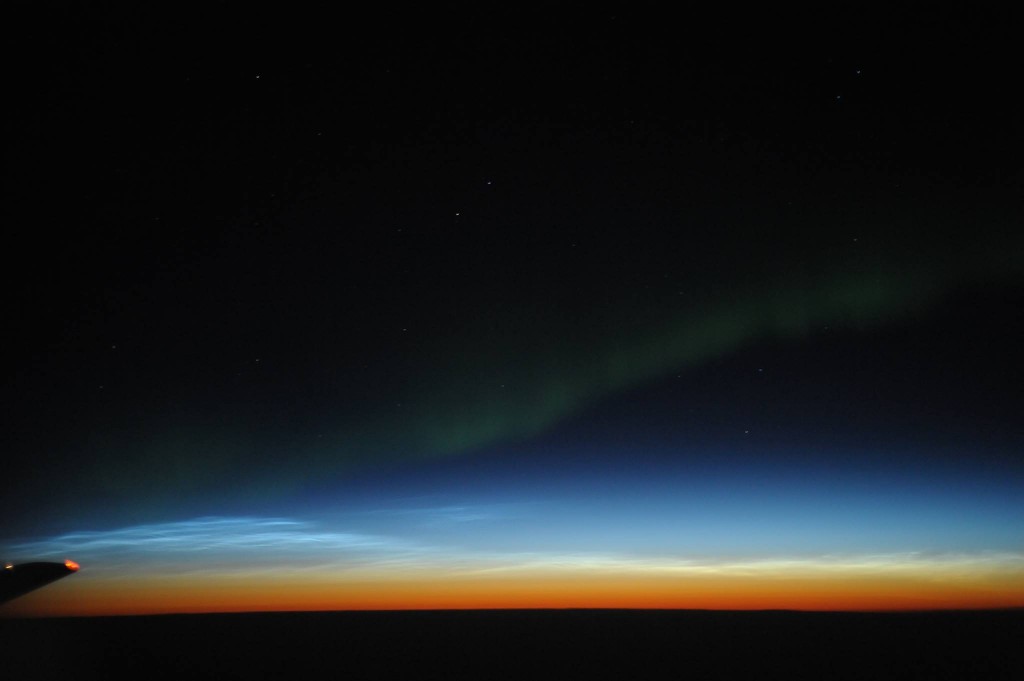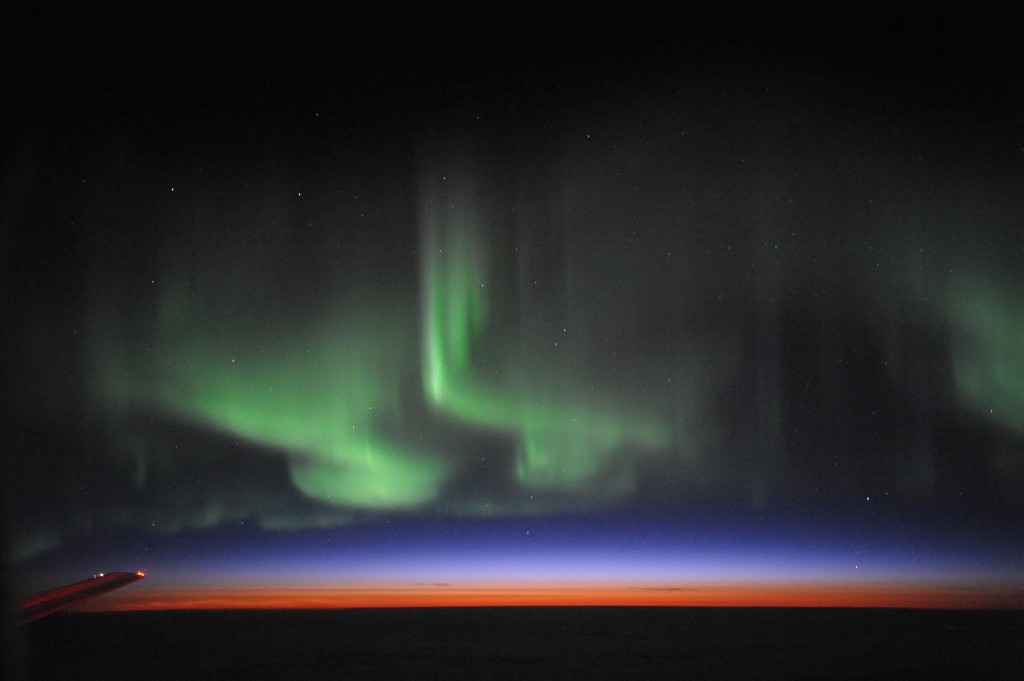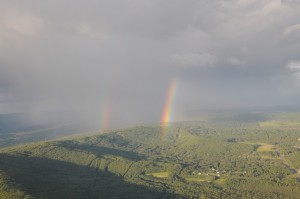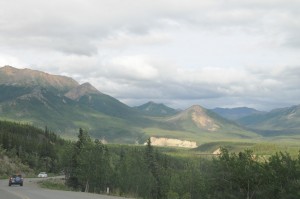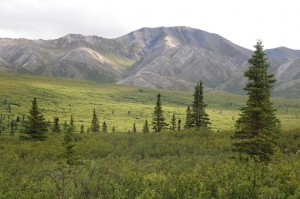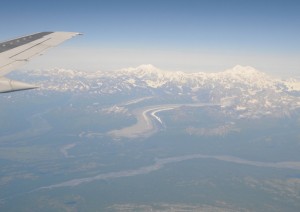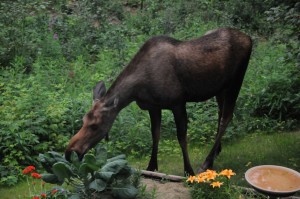Here is a full-resolution group photo (6.9 MB) from the 2013 light and color meeting, held in Fairbanks, Alaska during 5-8 August 2013. Thanks to Ken Sassen for being our host and conference organizer! (Photo by Joseph A Shaw)
Category Archives: 2013 meeting
2013 meeting followup
The 2013 meeting in Fairbanks, Alaska was a huge success! Thank you to everyone who participated, attended, or sent good wishes. We had a beautiful display of noctilucent clouds late on the meeting, as is shown in this image (copyright Joseph A. Shaw).
On the flight home, many people reported seeing great optical phenomena – including me (Joseph Shaw, Montana State University). I had superb displays of both noctilucent clouds and aurora as I flew through western Canada. Here are two samples …
Here is a link where you can view 260 of my pictures from this trip.
Registering prior to the 2013 meeting
It will be helpful if each participant registers before the 2013 light and color meeting. You can so online. The cost is $250 for a primary participant, including meeting registration, lunches on August 5. 6. and 7, and the evening expeditions (including the riverboat trip). The cost for an accompanying person is $50. For discounted student rates, please contact Dr. Ken Sassen (ksassen@gi.alaska.edu).
2013 Agenda is posted
The full agenda has been posted for the 2013 light and color conference. It is still evolving, so please be patient.
Preliminary agenda posted
A preliminary agenda has been posted for the August 5-8, 2013 meeting in Fairbanks, Alaska. Authors should have received confirmation of their abstract acceptance via email. Questions about a specific abstract should be sent to Dr. Ken Sassen, conference chair (or as a backup, send questions to optics.submissions@gmail.com). General questions can be sent to Ken, to the gmail address, or posted here. See you all in Alaska soon!
Things to see and places to go
The city of Fairbanks was established in the early 20th century when gold was discovered nearby. Fairbanks sits at a low altitude (~136 m) in a broad river valley in central Alaska, between the Brooks Range of mountains to the north and the Alaska Range to the south. Fairbanks lies alongside the Chena and Tanana Rivers among rolling hills heavily forested with aspen, birch, pine, and spruce trees. Here is a list of some interesting things to see and places to go while visiting Fairbanks (in relatively random order).
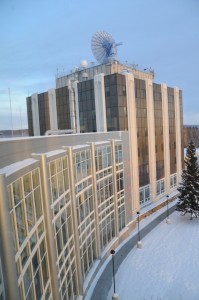
International Arctic Research Center and Geophysical Institute – site of the 2013 Light and Color in Nature Conference (J. Shaw photo).
University of Alaska – Fairbanks … the location of the light and color meeting … has much to offer, including the acclaimed Museum of the North, Native Art Center, Geophysical Institute (site of the meeting), and International Arctic Research Center.
Chena Hot Springs – A great weekend adventure located about 2 hours east of town on paved roads, this is a rustic hotel complex with bubbling hot springs. Chena Hot Springs Road is one of the best places for fishing and moose viewing. There is a shuttle van from Fairbanks to and from Chena Hot Springs.
Tanana Valley State Fair – this annual community event will occur August 2-11, 2013 – nicely overlapping the 2013 light and color meeting.
Creamer’s Field migratory waterfowl refuge is a beautiful place to take a morning or evening walk amidst local birds and nature.
Take a lunchtime or longer hike on the University of Alaska trails
Large Animal Research Station at the University of Alaska – Fairbanks, where you can see regional animals such as musk ox and caribou.
Take your picture by the 800-mile-long Trans-Alaska pipeline, an engineering marvel that pops up above ground in regions where a buried pipe could damage or be damaged by permafrost (permanently frozen earth). An ideal viewing point is located on the Steese Highway, just a few miles north of downtown Fairbanks.
Pioneer Park and the popular outdoor Salmon Bake, where you can learn about local history, dine on fresh Alaskan salmon or cod, and even rent a boat to enjoy the Chena River.
Local art galleries offer you the opportunity of viewing or even purchasing locally produced art.
– 2-3 hours south of Fairbanks and the home of Mt. McKinley (or Denali). Private cars can drive a modest distance into the park without a camping permit, after which you can travel by tour bus deeper into this beautiful wilderness
area. This makes a beautiful day trip from Fairbanks or a wonderful multi-day expedition.
Denali Highway – a winding road through the Alaska Mountain Range, connecting Paxton with the Denali National Park. This road provides a true view of Alaska Wilderness, but beware of walking too far off the road without bear protection. Bears love it here, too!
Alaska Railroad – connects Fairbanks, Denali National Park, and the southern coastal city of Anchorage. One of the greatest adventure in interior Alaska is the slow, swaying Alaska Railroad trip from Fairbanks to Denali Village (“swaying” is a result of building railroad tracks on permafrost) in Denali National Park. You can also choose to continue on to Anchorage for the flight home (Anchorage is like a more normal city).
Dalton Highway– a rough gravel road that goes all the way up to the Deadhorse oil fields of the Beaufort Sea (where it will not get dark in August!). The real treat on this trip is the Brooks Mountain Range – wild country loaded with incredibly glaciated terrain, good fishing, and animal viewing. Lodging includes camping and one trucker’s hotel in Coldfoot. There are VERY few people who have made this trip. You will need a SUV for sure.
Valdez – southern terminus of the Trans-Alaska pipeline. Located ~6-8 hours drive south of Fairbanks on paved roads that take you through the heart of the Alaska Range, with small glaciers you can hike to at Thompson Pass. Valdez is a nice tourist town with frequent tour boats into the gorgeous Prince William Sound where you can see disappearing glaciers and wildlife that often includes whales.
Wrangell-St. Elias National park – situated several hours east of Anchorage or ~6 hours south of Fairbanks, this area offers large accessible glaciers and mining town ruins.
Native villages like Nome and Barrowon the Arctic Ocean are accessible only by air via small planes, but offer interesting opportunities to see a part of Alaska that is very different from the cities of Anchorage and Fairbanks.
2013 meeting call for papers now online
Click here for information about submitting abstracts to the 2013 meeting.
Alaska 2013 housing now available
Please visit the 2013 conference page to see the latest update on housing, which needs to be booked early .
2013 Alaska meeting updates
Please click on the “2013 meeting” tab to follow updates regarding the 2013 light and color in nature meeting to be held Aug. 5-8, 2013, in Fairbanks, Alaska.
2013 Meeting on Light and Color in Nature – Fairbanks, Alaska
The next international meeting on light and color in nature will be held during 5-8 August, 2013, in Fairbanks, Alaska. The general conference chair is Professor Ken Sassen. Stay tuned here for further details!
